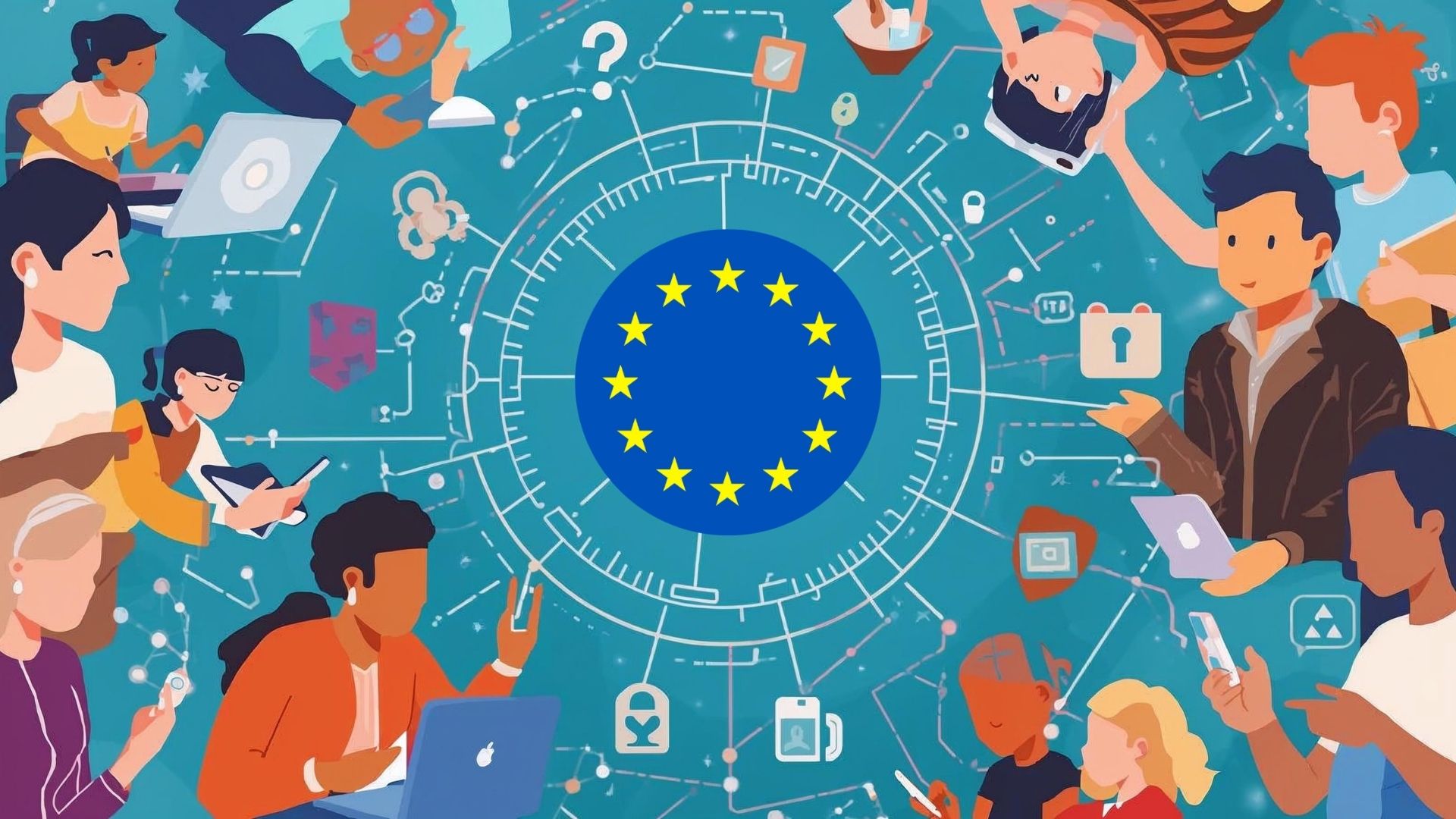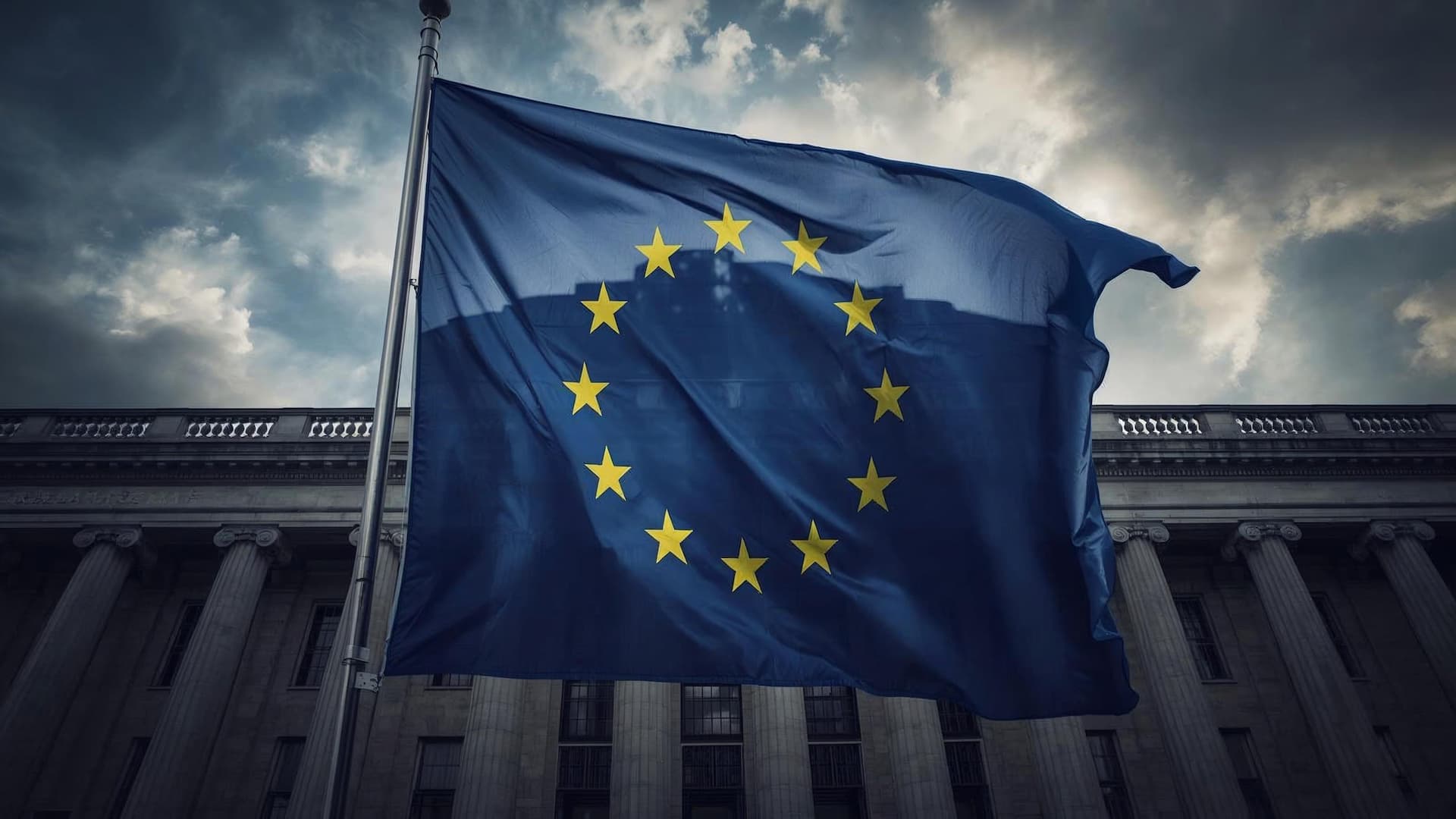Chile has introduced Latam-GPT to strengthen Latin America’s presence in global AI.
The project, developed by the National Centre for Artificial Intelligence with support across South America, aims to correct long-standing biases by training systems on the region’s own data instead of material drawn mainly from the US or Europe.
President Gabriel Boric said the model will help maintain cultural identity and allow the region to take a more active role in technological development.
Latam-GPT is not designed as a conversational tool but rather as a vast dataset that serves as the foundation for future applications. More than eight terabytes of information have been collected, mainly in Spanish and Portuguese, with plans to add indigenous languages as the project expands.
The first version has been trained on Amazon Web Services. At the same time, future work will run on a new supercomputer at the University of Tarapacá, supported by millions of dollars in regional funding.
The model reflects growing interest among countries outside the major AI hubs of the US, China and Europe in developing their own technology instead of relying on foreign systems.
Researchers in Chile argue that global models often include Latin American data in tiny proportions, which can limit accurate representation. Despite questions about resources and scale, supporters believe Latam-GPT can deliver practical benefits tailored to local needs.
Early adoption is already underway, with the Chilean firm Digevo preparing customer service tools based on the model.
These systems will operate in regional languages and recognise local expressions, offering a more natural experience than products trained on data from other parts of the world.
Developers say the approach could reduce bias and promote more inclusive AI across the continent.
Would you like to learn more about AI, tech and digital diplomacy? If so, ask our Diplo chatbot!










